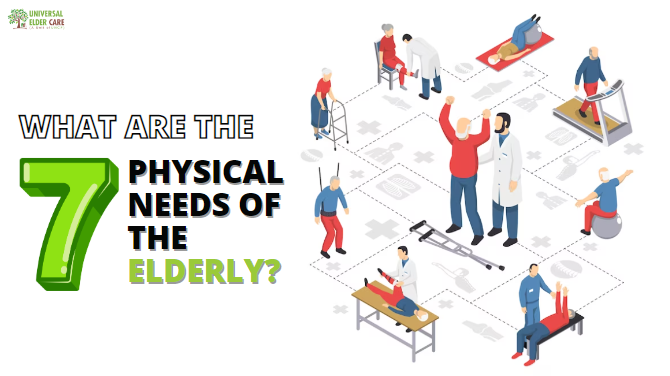Care for individuals respiratory diseases

Palliative Care for Individuals with Respiratory Diseases: Enhancing Quality of Life
Palliative care plays a crucial role in improving the quality of life for individuals living with respiratory diseases. It focuses on managing symptoms, providing emotional support, and addressing the unique needs of patients and their families. In this blog post, we will explore the significance of palliative care for individuals with respiratory diseases and how it can enhance their overall well-being.
-
Holistic Symptom Management: Palliative care for individuals with respiratory diseases aims to alleviate symptoms and improve comfort. This includes managing breathlessness, coughing, pain, and anxiety. Healthcare professionals collaborate closely with the patients and their families to develop individualized symptom management plans. Through a combination of medication adjustments, breathing techniques, and emotional support, palliative care helps individuals find relief and regain control over their symptoms, enhancing their overall quality of life.
-
Emotional and Psychosocial Support: Respiratory diseases can take a toll on a person's emotional well-being and impact their quality of life. Palliative care teams provide emotional and psychosocial support to address the psychological, social, and spiritual needs of patients and their families. This includes counseling, support groups, and guidance on coping strategies. By offering a compassionate and understanding environment, palliative care helps individuals and their loved ones navigate the emotional challenges associated with respiratory diseases, fostering a sense of comfort and reassurance.
-
Advance Care Planning: Palliative care emphasizes advance care planning, enabling individuals to make informed decisions about their future healthcare preferences. Discussions about goals of care, treatment options, and end-of-life choices help ensure that patients' wishes are respected and honored. Advance care planning also provides an opportunity for individuals to discuss their values, beliefs, and personal goals, allowing for a more patient-centered approach to care.
-
Family and Caregiver Support: Respiratory diseases impact not only the individuals diagnosed but also their family members and caregivers. Palliative care extends its support to the entire caregiving network, offering education, emotional support, and respite care. By addressing the needs of family members and caregivers, palliative care promotes a supportive environment and helps alleviate the physical, emotional, and logistical burdens they may experience.
-
End-of-Life Care and Bereavement Support: In cases where respiratory diseases reach an advanced stage, palliative care plays a vital role in providing compassionate end-of-life care. This includes managing symptoms, addressing spiritual needs, and facilitating a peaceful and dignified transition. Additionally, palliative care extends its support to the bereaved family members, offering grief counseling and bereavement support services to help them cope with their loss.
Palliative care is an essential component of comprehensive care for individuals with respiratory diseases. By focusing on holistic symptom management, providing emotional support, facilitating advance care planning, offering family and caregiver support, and addressing end-of-life care and bereavement, palliative care aims to enhance the quality of life for patients and their loved ones.




